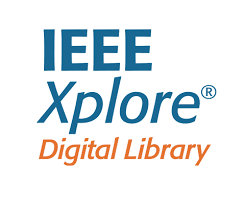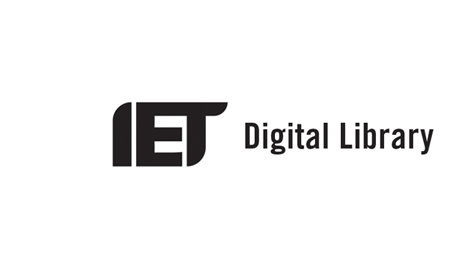Title: Device-level modelling and FPGA-based real-time simulation of the power electronic system in fuel cell electric vehicle
Written by: Hao Bai, Chen Liu, Rui Ma, Damien Paire, Fei Gao
Abstract: Power electronic converters are essential components in the fuel cell electric vehicle (FCEV) powertrain, which precisely control the power output of the fuel cell stack, the charging and discharging process of the battery, and the operation of the traction motor. The hardware-in-the-loop (HIL) simulation plays an important role in the rapid validation of power converters in their early development stages. In this study, a device-level model of the power converters in FCEV powertrain is developed for the FPGA-based real-time simulation. By fulfilling the circuit topology partitioning and the switch model partitioning, the FCEV power electronic system can be simulated with sub-microsecond time-step while producing the detailed switching waveforms with 5 ns resolution. Therefore, the device electrical stress, and the switching power losses can be evaluated in real time. Furthermore, the electro-thermal converter model is developed accordingly, which makes it possible to evaluate the IGBT/Diode thermal behaviour in the HIL simulation. In this study, the FPGA hardware is designed with the NI LABVIEW FPGA module and implemented on the NI-7975R FLEXRIO FPGA board. The accuracy of the FPGA-based simulation results is evaluated by the results from offline simulation tools. The effectiveness of the proposed model is then validated by the controller HIL experiments.
Keywords: field programmable gate arrays, fuel cell vehicles, insulated gate bipolar transistors, power convertors, power electronics, power transmission (mechanical), traction motors.
Original text: https://digital-library.theiet.org/content/journals/10.1049/iet-pel.2019.0101
Repository: https://hal.archives-ouvertes.fr/hal-02495991/document (open access)
Also available via:


